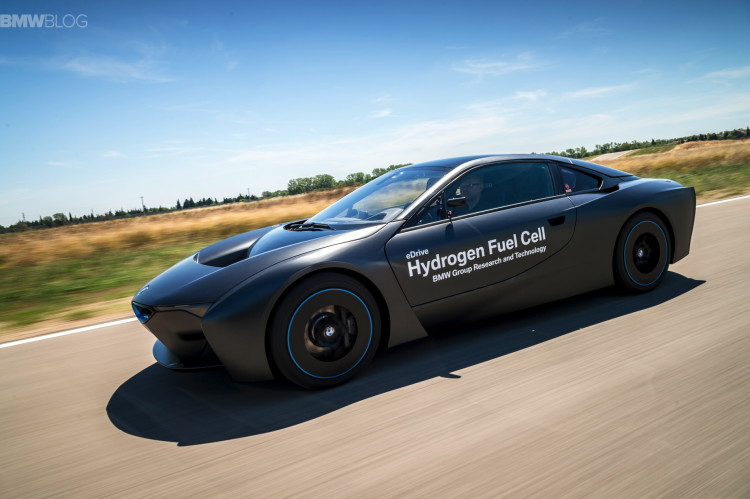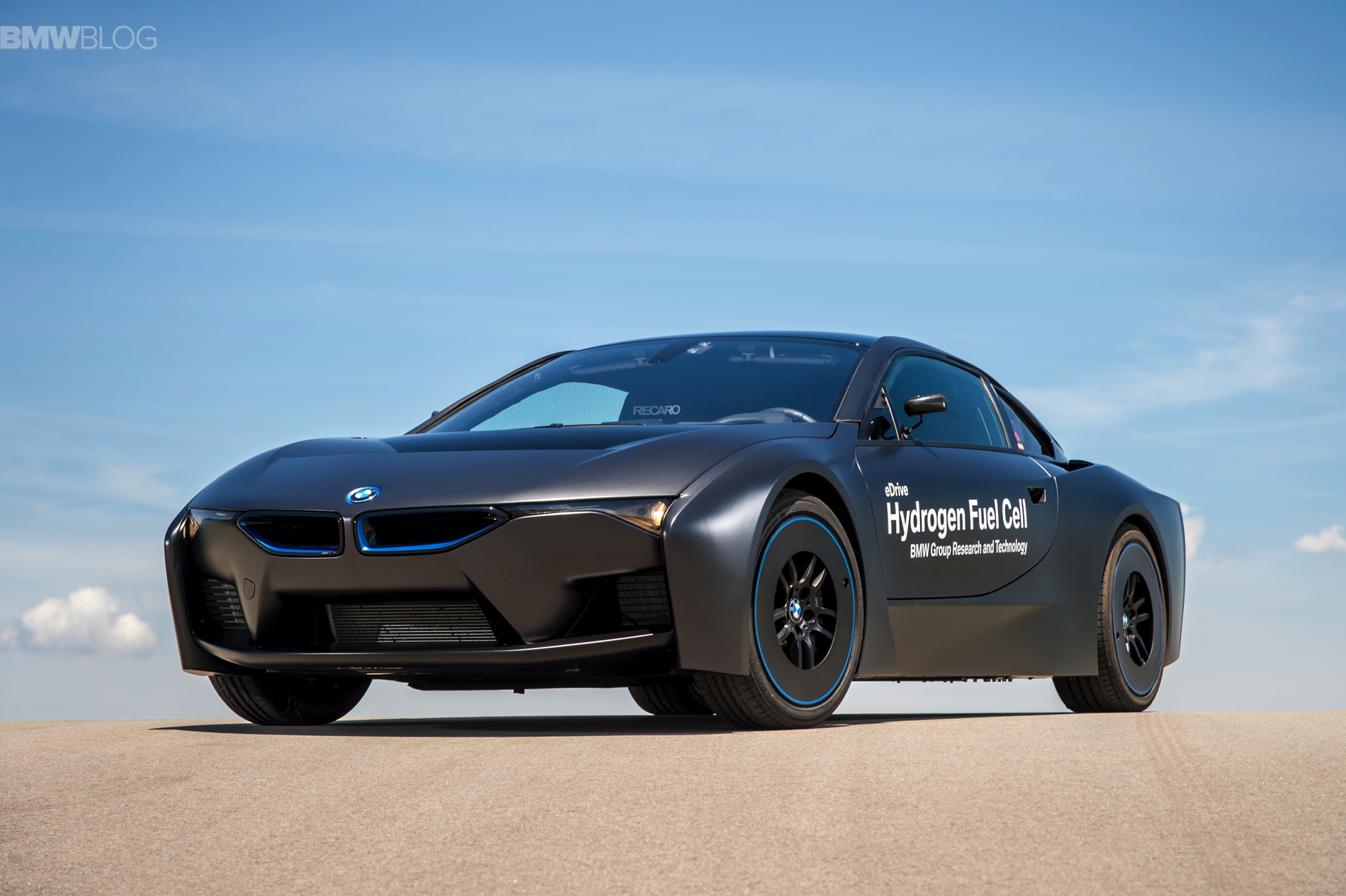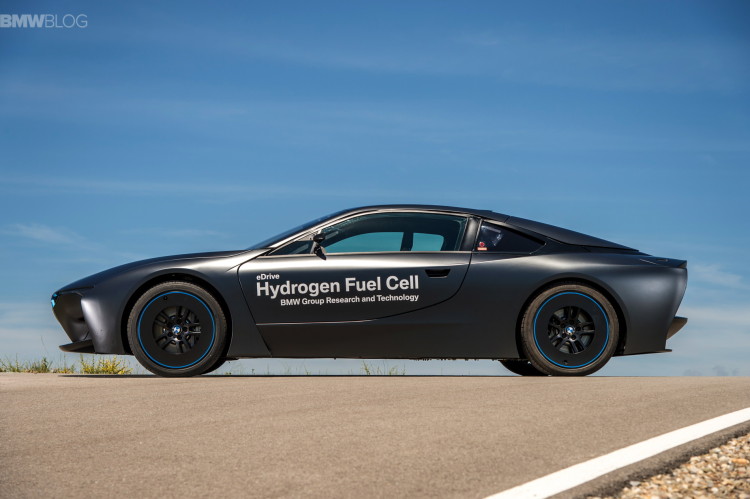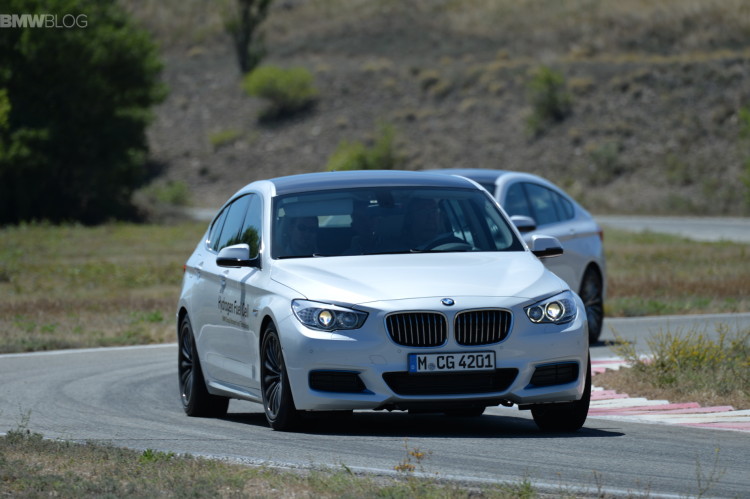BMW is currently rolling out a couple of brand new plug-in hybrids, looking to comply with the European legislation – which is getting draconian as we get closer to 2020 – and offer more choices for its customers. However, it seems like some officials consider them just a stepping stone as the company is investing more and more into bringing out what is considered the real future for the auto industry – fuel cell vehicles.
The Germans are already involved in a partnership with Toyota and a couple of early prototypes of their work have already been revealed. The BMW 5 Series GT was showcased for the press last year with some impressive technology.
And while this seems to be the long term solution for mobility, the plug-in hybrids being unveiled today may just be the stepping stone towards achieving that goal. In an interview with Digital Trends, Merten Jung, BMW head of fuel cell development, said this mobility solution will eventually vanish completely from our roads, being replaced by either electric vehicles or fuel-cell vehicles.
“We expect that battery-electric vehicles and fuel cell electric vehicles will co-exist in the future, and plug-in hybrids are a simply a temporary solution until we get to that point. The cost and the weight of an EV mainly depend on the size of the battery; if you have a small battery, electric makes more sense than hydrogen. The break-even point is 300-400 kilometers (186-248 miles),” Jung said.
Furthermore, he went on making a case for hydrogen fueled cars which seem to have the edge over EVs thanks to their powertrains. “With an electric vehicle, if you want to go beyond 300-400 kilometers you need to make the battery pack bigger, heavier, and more expensive, and you’ll reach a certain point where it won’t make sense anymore.”
And that’s definitely true right now but it may not be in the future. Current research in the field shows that new materials could be used to make batteries, and they could very well become a lot lighter in the future with even larger capacities in rather compact sizes. Alas, while all of this sounds good for EVs, recharging them will still be their main weakness.

Fuel-cell cars have the advantage of having a tank of hydrogen being refilled as fast as you’d refill a conventional car these days. The main issue in this case, however, is the lack of infrastructure and the fact that, unlike a petrol station, hydrogen stations are a lot more expensive to built. Sure, as Jung said, you can convert petrol stations but even so, it’s still a more tedious process compared to what it takes to just plug in a car. The future seems cloudy at the moment.







































































